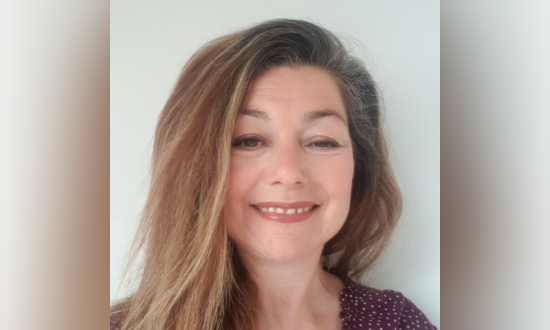Dr. Caroline Holden has over twenty-five years of experience in higher education. She holds a Doctorate in Higher Education, a Level 7 qualification from the Institute of Leadership & Management in Coaching & Mentoring, an MSc in Educational Management, a Cambridge Diploma in English Language Teaching to Adults (DELTA), and a PRINCE 2 Project Management Practitioner qualification. She is also recognized as a Senior Fellow of the Higher Education Academy. Caroline’s broad experience includes working in Saudi Arabia and Bahrain establishing new programmes and departments in a range of higher educational institutions, including a new medical university. She has also published in international journals on the student journey, the first-year experience, and improving student success rates. Caroline now works as an Educational Consultant working on a range of exciting projects in the UAE and the wider MENA region. She is passionate about coaching for higher education and the impact this achieves for academics, administrators, and students through institutional coaching models, coaching training, and team and individual coaching interventions.
In the fast-paced world of education, where students’ needs are ever-evolving, the role of an educational leader is more vital than ever. Managing teams in the educational landscape is a multifaceted challenge that requires finesse, empathy, and a deep understanding of how to bring out the best in your team. In this article, we will delve into the art of coaching, exploring techniques like open questioning, active listening, and reflection that can transform the way you lead your educational team to success.
The Power of Open Questions
As an educational leader, you understand that effective communication is the bedrock of a thriving learning environment. Open questions, those that cannot be answered with a simple “yes” or “no,” are your gateway to fostering meaningful conversations. They invite your team members to explore, think critically, and engage in insightful dialogues.
Imagine you’re facing a complex challenge within your team. Instead of issuing directives, you turn to your team and ask, “What strategies do you believe would be most effective in addressing this challenge?” This open question encourages diverse perspectives and empowers your team to be part of the problem-solving process.
The Art of Active Listening
Active listening is akin to a magic wand in the realm of team management. It involves not just hearing words but fully comprehending what others are saying. When you actively listen, you signal to your team members that their voices matter, their ideas are valued, and their concerns are heard.
Picture yourself in a team meeting, where a team member is sharing their thoughts on a proposed project. As they speak, you maintain eye contact, nodding in acknowledgment, and occasionally offering reflective statements like, “I hear what you’re saying, and it sounds like you have some reservations about this approach.” This active listening technique creates an atmosphere of trust and openness, where team members are encouraged to express themselves freely.
The Power of Reflection
In the bustling world of education, pausing for reflection may seem like a luxury. However, it’s a crucial practice for both individual growth and team development. Reflection invites your team members to examine their experiences, thoughts, and actions, leading to valuable insights and continuous improvement.
Imagine your team has just completed a challenging project. Instead of rushing to the next task, you gather your team for a reflective session. You ask questions like, “What went well during this project? What could have been improved? What lessons have we learned?” This simple act of reflection transforms past experiences into stepping stones for future success.
A Real-World Application
To bring these coaching techniques to life, let’s explore a real-world scenario. You’re leading an educational team tasked with implementing a new teaching methodology. The team is experiencing challenges in adapting to this change.
You begin by posing an open question during a team meeting: “What aspects of the new teaching methodology do you find most challenging, and how can we address these challenges together?” This question encourages team members to express their concerns openly.
As team members share their thoughts, you actively listen, demonstrating empathy and understanding. You paraphrase their concerns and acknowledge their emotions, creating a safe space for open dialogue.
Following the discussion, you encourage team members to engage in reflection. Each team member takes a moment to jot down their reflections on the challenges and potential solutions. This reflection process fosters self-awareness and personal growth.
Based on these reflections, the team collectively sets SMART (Specific, Measurable, Achievable, Relevant, Time-bound) goals for improving their adaptation to the new teaching methodology. This collaborative goal-setting empowers team members to take ownership of the change process.
You continue to follow up with the team, assessing progress, celebrating achievements, and addressing new challenges as they arise. Your open questions, active listening, and reflection have transformed the team’s dynamics, making them more resilient and adaptive in the face of change.
Conclusion
Effective educational leadership is not solely about achieving academic goals but also about fostering personal and professional growth within your team. The art of coaching, with its techniques of open questioning, active listening, and reflection, can help you unlock the untapped potential of your educational team. By incorporating these techniques into your leadership style, you create an environment where team members are heard, valued, and motivated to reach new heights in their educational journey.




